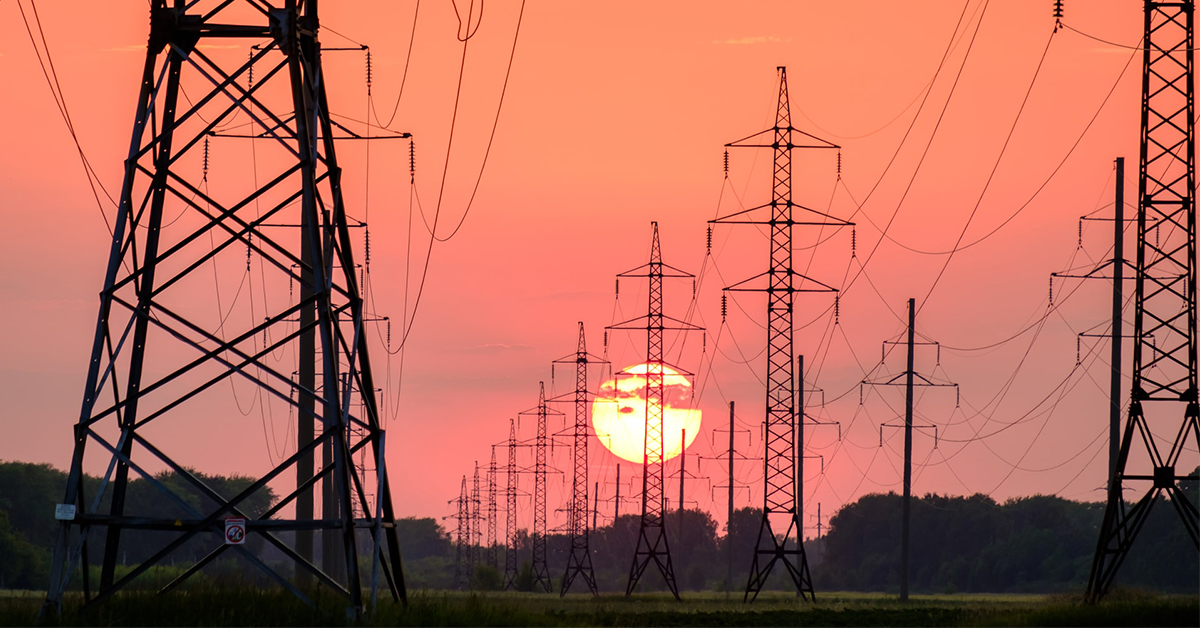When the best and brightest finish school, where do they have their sights on working today?
Breakthrough tech success stories like Canva and Atlassian would be high on the list, along with all those well-established top-tier finance, law and media brands graduates have always had their hearts set on.
But what about a mine somewhere in outback Australia?
While it might take the interest of some young men, you’d be hard pressed to find anywhere in Australia where most young women would want to work less.
To confirm this we recently surveyed Gen Zs about their views on the mining, energy and resources sector, which in the face of explosive global demand for Australian commodities is finding it increasingly difficult to recruit enough Gen Z workers who are avoiding the industry for a number of reasons (we’ll get into that shortly).
Young women are particularly sceptical, with a staggering 0% of Gen Z females aged 15 to 24 saying they ‘definitely’ wanted to work in the mining, energy and resources sector, compared to 4% of males who definitely wanted to. 5% of females however said they were ‘likely’ to work in the industry compared to 12% of males.
Further, 40% of males said they were ‘unlikely’ to work in the industry, while 10% said ‘definitely not’. This compares to 43% of females who said they were ‘unlikely’ and 31% who said ‘definitely not’. As well, 35% of males and 21% of females said they were ‘neutral’ on whether they’d take it up as a career.
Males are also more likely to have a ‘positive’ or ‘very positive’ view of the mining, energy and resources industry (39%), compared with just 23% of females.
So what’s behind the hesitancy to work in one of Australia’s critical industries?
An 18-year-old female from NSW told us they wouldn’t work in the industry because of its negative impact on the environment.
“I would not like to work in this industry as I do not believe we should be drilling into the earth and taking out oil or minerals all for the sake of money,” she said.
“The industry goes against my beliefs and values and I hope in the future that it will no longer exist.”
A 17-year-old female from NSW also highlighted the physical challenges.
“The mining industry both negatively impacts the earth and is a very labour-heavy job – neither of these encourages me to get a job within the industry.”
Yikes.
Sherif Andrawes, the global head of natural resources for BDO, said it was high time the natural resources industry addressed the misconceptions causing scepticism in young people – its impact on the environment, lifestyle challenges, and the boom and bust nature of mining – before it’s too late.
“The mining sector is (actually) central to the world’s decarbonisation process, but it is seen through a negative lens by young people,” Andrawes said.
“There is now a very strong focus on environmental and social issues, or ESG to use an umbrella term, and Gen Z are very attuned to that.”
Busting myths about mining careers? Challenge accepted
To address Gen Z’s concerns about the mining, energy and resources industry, Year13 partnered with AUSMESA (the Australian Minerals & Energy Skills Alliance) to show Gen Zs how the work in these industries doesn’t have to kill your back or the environment.
The online ‘Resourcefulness’ Academy short course examines the importance of mining in our day-to-day lives, showcases how technology is transforming jobs in the industry, and highlights the future employment opportunities it will create including as part of the clean energy revolution.
The best part?
It’s totally free and easily accessible via the Year13 Academy where young people can also learn about what it’s like to work in other booming Aussie industries as well.






